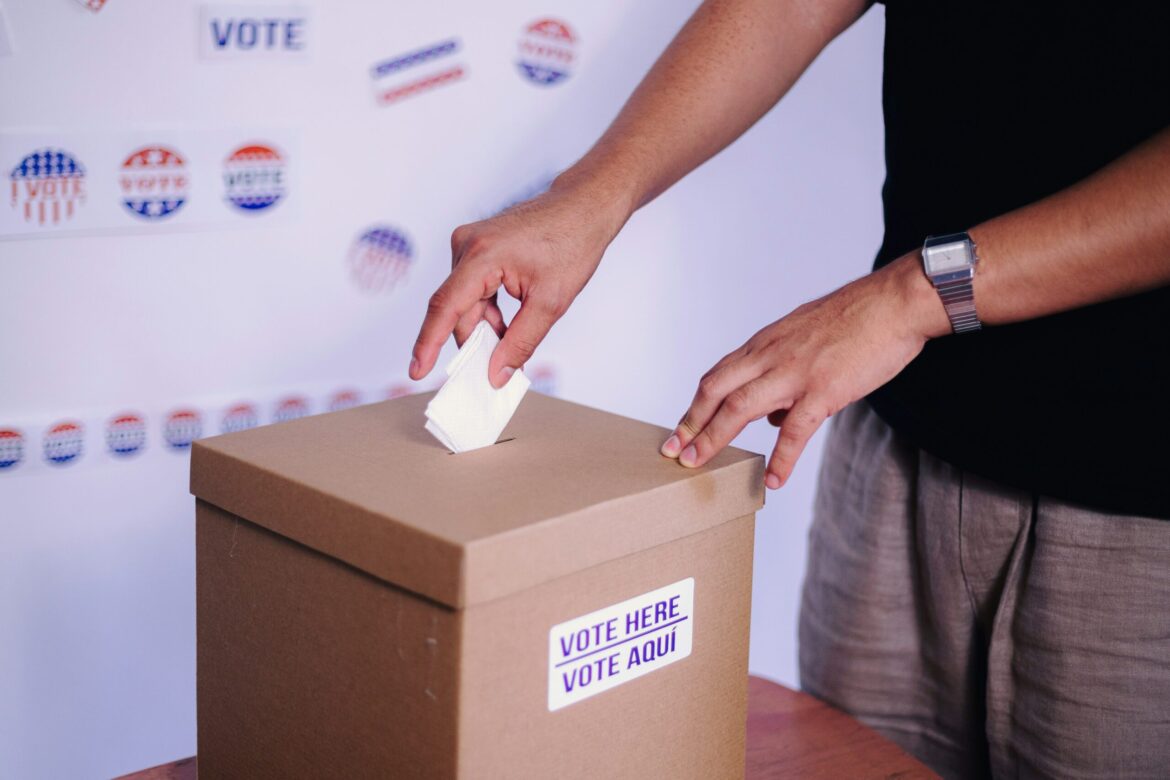Today, the U.S. Supreme Court heard arguments in a pivotal case that could dramatically change the landscape of U.S. election laws. At the center of the case is Georgia’s controversial voter ID law, which has sparked fierce debates across the nation about the balance between voter access and states’ rights to regulate their own elections. This case has the potential to influence not only the way elections are conducted in Georgia but also in other states with similar laws, and may even affect the broader framework of voting rights established by the 1965 Voting Rights Act.
Opponents of the law argue that it creates unnecessary barriers for minority voters, particularly those in low-income or rural communities who may find it more difficult to obtain the required identification. They assert that voter ID laws disproportionately affect Black and Latino voters, who are less likely to have the specific forms of ID required by the law. Civil rights groups have long criticized such laws, arguing that they suppress voter turnout under the guise of preventing fraud. “The right to vote is the bedrock of our democracy, and any law that restricts access to the ballot box should be scrutinized with the utmost seriousness,” said Sarah Greenberg, a prominent civil rights attorney.
On the other side, proponents of Georgia’s law contend that it is a necessary measure to ensure election integrity by preventing voter fraud. Georgia Secretary of State Brad Raffensperger, a key defender of the law, argues that it is both a reasonable and essential tool for maintaining public trust in the electoral process. “States have the constitutional right to set their own election laws, and we believe this ID requirement is both reasonable and necessary,” said Raffensperger. Supporters believe that the law is an appropriate response to concerns about voter fraud, even though such incidents have been shown to be exceedingly rare in the U.S.
As the case progresses, much of the nation’s attention is focused on the Supreme Court’s ideological balance. With a conservative majority, there are fears that the ruling could weaken or even dismantle parts of the Voting Rights Act of 1965, a landmark law designed to eliminate discriminatory voting practices. Legal experts warn that the Court’s decision could have far-reaching consequences, especially for battleground states where voting laws remain a divisive issue. If the Court upholds Georgia’s law or sets a precedent allowing other states to implement similar laws, it could lead to a wave of changes in voting regulations nationwide.
This case comes at a time when voter rights and election laws are at the forefront of American political discourse. In the past few years, several states have passed restrictive voting laws, with many critics pointing to these changes as efforts to suppress the vote in key electoral regions. This Supreme Court decision may be the defining moment in determining whether such laws can continue to evolve in ways that may limit voter access or whether a more protective stance will be taken to ensure all eligible Americans can exercise their right to vote.
For many, the stakes could not be higher. The outcome of this case may not only affect the future of voting in Georgia but also shape election law for years to come, making it one of the most important legal decisions of this decade.

